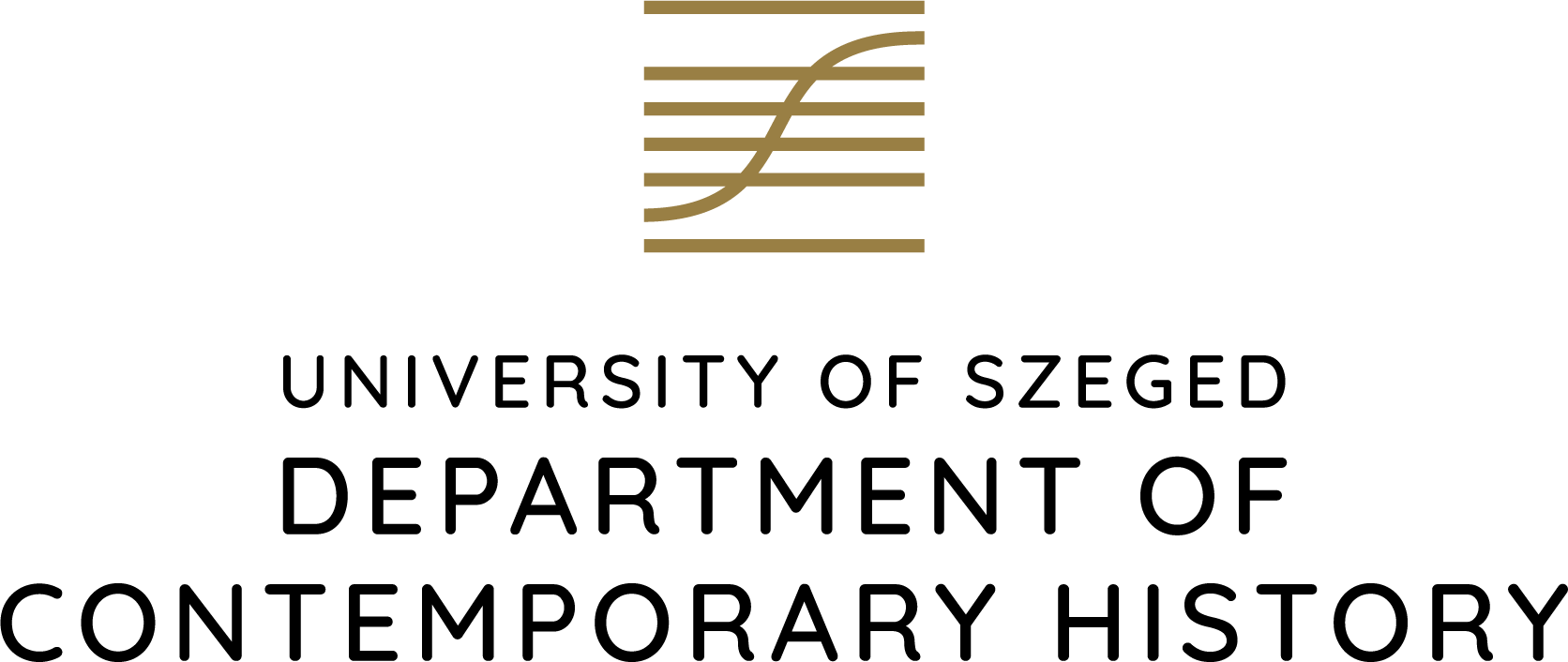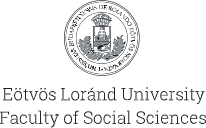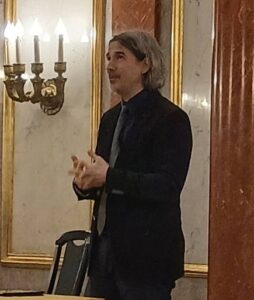
Márkus Keller's higher doctorate
Márkus Keller has been awarded the title of Doctor of the Hungarian Academy of Sciences (DSc) as a result of today’s public debate, successfully defending his dissertation entitled Building Socialism. Public Housing in Hungary after 1945. Congratulations!
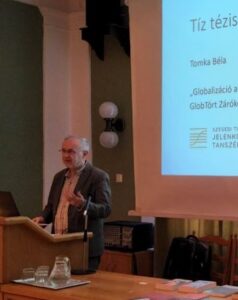
Concluding conference of the resarch group
On November 7, the closing conference of the History of Globalization Research Group took place in Szeged, where the members of the group summarised their achievements over the last five years. The opening lecture, entitled Ten Theses on Globalization, was given by Béla Tomka. The full programme is available here.
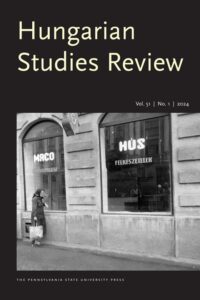
Péter Bencsik's paper in the Hungarian Studies Review
Péter Bencsik’s paper, entitled The Impact of Emigration on Hungarian Citizenship Law, 1945-64 has been published in the Hungarian Studies Review. More information is available here.
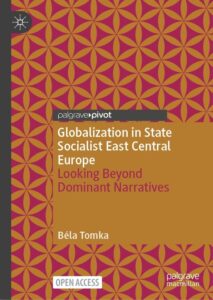
Béla Tomka's new book
Béla Tomka’s new book, entitled Globalization in State Socialist East Central Europe: Looking Beyond Dominant Narratives has been published by Palgrave Macmillan. The book is open access, and available on the publisher’s website.
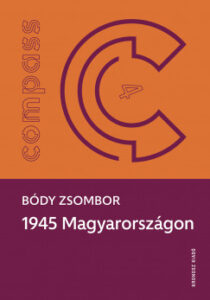
New book by Zsombor Bódy
Zsombor Bódy’s new book, entitled 1945 Magyarországon (1945 in Hungary) has been published. The author assesses the wartime changes in Hungarian society through the history of companies, professionals and workplaces. For more information in Hungarian, please visit the publisher’s website.
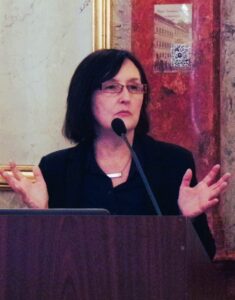
Melinda Kalmár's higher doctorate
Melinda Kalmár has been awarded the title of Doctor of the Hungarian Academy of Sciences (DSc) as a result of today’s public debate, successfully defending her dissertation entitled Corporative, hybrid, Soviet. The metamorphosis of a formation. Congratulations!
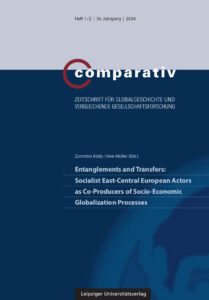
Papers of the research group members in Comparativ
Several members of the research team, Zsombor Bódy, Márkus Keller, and Péter Bencsik, have published papers in English in the latest issue of Comparativ, a journal published by the University of Leipzig on the history of globalization. The issue was edited by Zsombor Bódy and Uwe Müller. The table of contents of the issue can be found here.
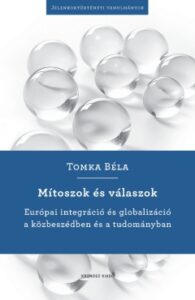
Tomka Béla's new book
Kronosz publishing has added a new volume to its new book series, entitled Contemporary History Studies. Béla Tomka’s Mítoszok és válaszok. Európai integráció és globalizáció a közbeszédben és a tudományban (Myths and Answers. European Integration and Globalization in Public Discourse and Scholarship) is already in the bookshops. More information on the publisher’s website.
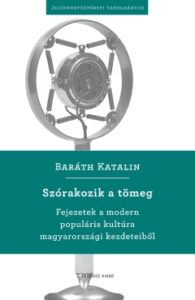
Katalin Barát's book published
Katalin Baráth’s new book, entitled Szórakozik a tömeg. Fejezetek a modern populáris kultúra magyarországi történetéből (The crowd is having fun. Chapters from the History of Modern Popular Culture in Hungary) has been published by Kronosz Publishing as the second part of a new book series. More information on the publisher’s website (in Hungarian).
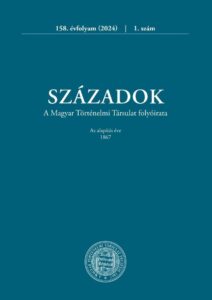
Thematic block on the history of globalization in Századok
The recent issue of Századok has been published, in which a thematic block entitled Transnational and Global Processes in 19th-20th Century Hungary was written by the members of the research group – Katalin Baráth, Péter Bencsik, Gábor Koloh, Márton Simonkay and Béla Tomka.
Megjelent a Századok 2024/1. száma, amelyben a kutatócsoport tagjai – Baráth Katalin, Bencsik Péter, Koloh Gábor, Simonkay Márton és Tomka Béla – közreműködésével tematikus blokk jelent meg Transznacionális és globális folyamatok a 19‒20. századi Magyarországon címmel.


